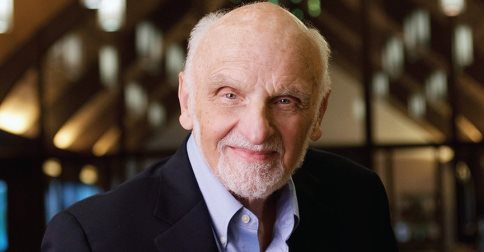It is no wonder that the church has intuitively avoided these psalms [of disorientation]. They lead us into dangerous acknowledgement of how life really is. They lead us into the presence of God where everything is not polite and civil. They cause us to think unthinkable thoughts and utter unutterable words. Perhaps worst, they lead us away from the comfortable religious claims of "modernity" in which everything is managed and controlled. In our modern experience, but probably also in every successful and affluent culture, it is believed that enough power and knowledge can tame the terror and eliminate the darkness. Very much a "religion of orientation" operates on that basis. But our honest experience, both personal and public, attests to the resilience of the darkness, in spite of us. The remarkable thing about Israel is that it did not banish or deny the darkness from its religious enterprise. It embraces the darkness as the very stuff of new life. Indeed, Israel seems to know that new life comes nowhere else.
Whether this speech articulates, illuminates, or evokes experience, it does move the awareness and imagination of the speaker away from life well-ordered into an arena of terror, raggedness, and hurt. In some sense this speech is a visceral release of the realities and imagination that have been censored, denied or held in check by the dominant claims of society. For that reason, it does not surprise us that these psalms tend to hyperbole, vivid imagery, and statements that offend "proper" and civil religious sensitivities. They are a means of expressing that tries to match experience, that also does not fit with religious sensitivity. That is, in "proper" religion the expression should not be expressed. But is is also the case that these experiences should not be experienced. They are speech "at the limit," speaking about experience "at the limit."
Walter Brueggmann, The Message of the Psalms: A Theological Commentary, 79.
